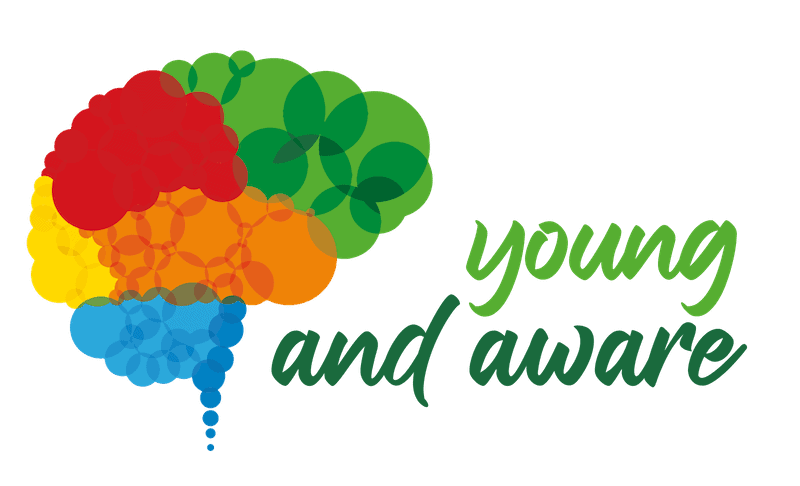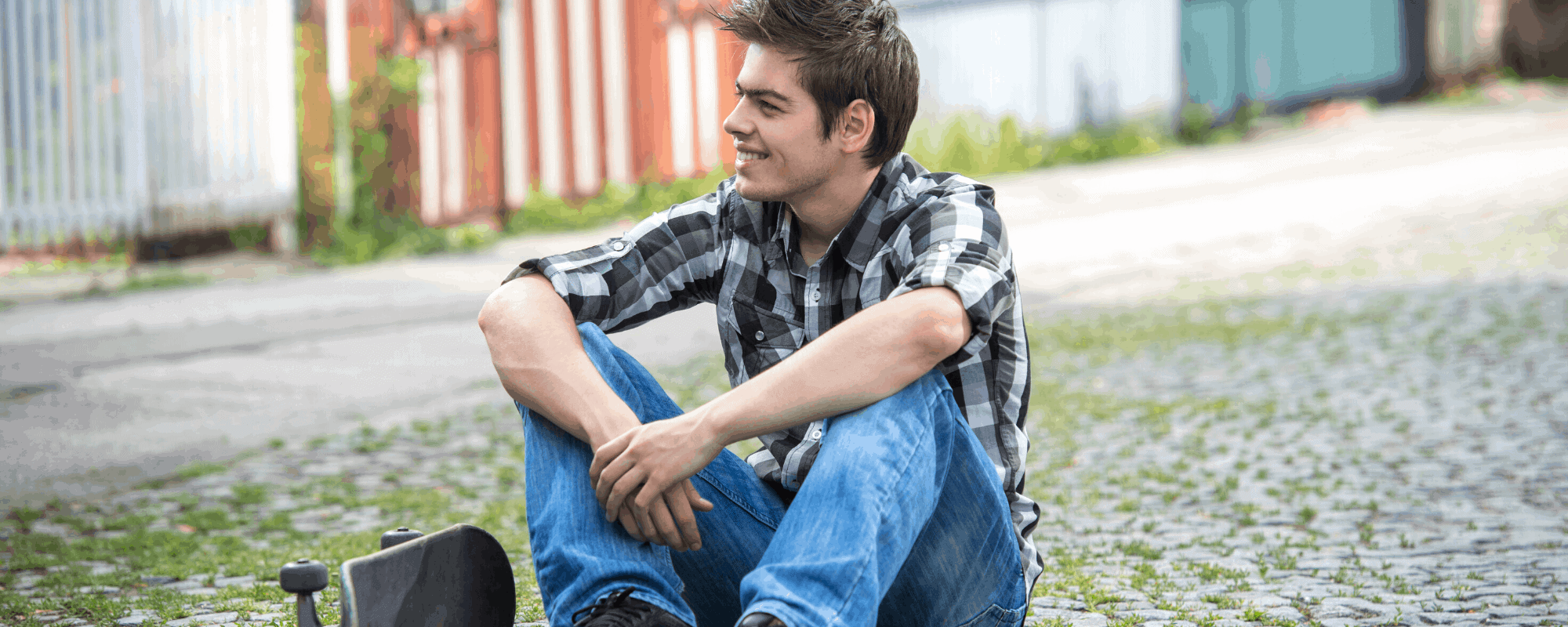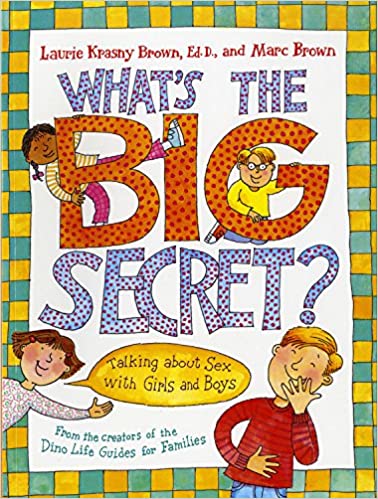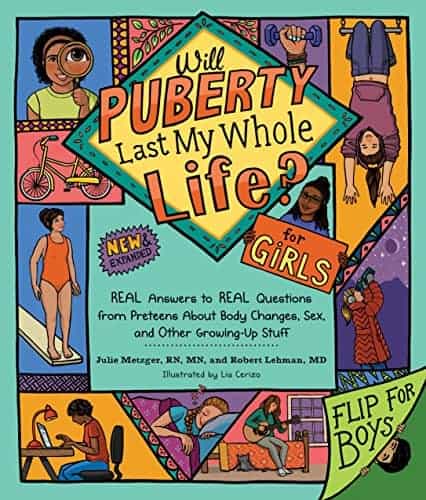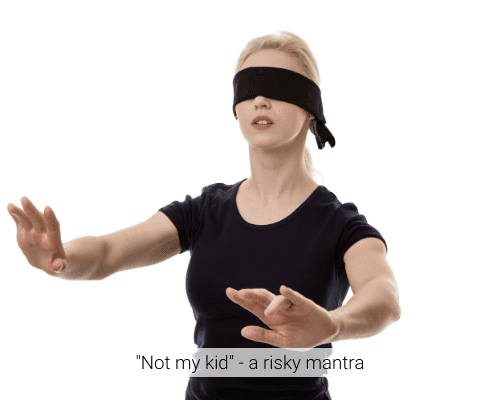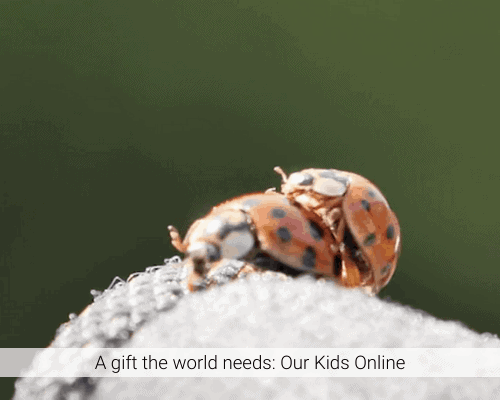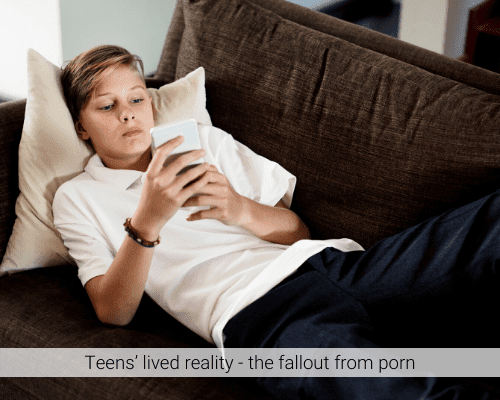I am known for being a planner, and that tends to be my go-to place when I am concerned about the future. Like many parents, when my first child was born, I worried about the world he would be growing up in. When it came to sex education, I wanted my children to have a better foundation than I—and most of my peers—did. However, I had no good model to work from, so I started seeking resources as soon as my son was a few months old. I wanted to be proactive and began with the book “From Diapers to Dating” by Debra Haffner.
Once my son was around 5 or 6 years old, I sought an age-appropriate resource to share with him about sex. Using Haffner’s recommendations, I checked out several books from the library to review them so that I could decide which one to purchase. Choosing “What’s the Big Secret?” by Laura Krasney Brown, I stashed it in my closet and waited for the right moment to share it with him.
Teachable moments naturally present
Parenting has taught me that teachable moments naturally present themselves. In early elementary school, my son’s best friend had two mothers. As his friend struggled to make sense of his different family, apparently without much adult support, my son was enlisted to help in that struggle. In our home, this naturally led to conversations with my son about “how babies are made.” Having that book provided great support for our discussions. We also talked about how other families—like his friend’s family—have babies in a different way, and that’s okay.
And clearly, porn is the worst educator.
When my son was 9, I saw Jo Langford, M.A. speak in Seattle about “Raising Children in the Digital Age.” I requested my husband attend with me because I wanted to be sure we were on the same page with these issues. So we hired a sitter for the evening and made a 4-hour drive roundtrip on a weeknight to attend. Based on questions from the audience, it appeared that we were the rare parents who were attending proactively. Many of the other parents seemed to be in some degree of pain as they tried to remedy things that had already gone awry with their teens being online.
Jo stated that most parents leave sex ed to the internet. And, clearly, porn is the worst educator. He encouraged us to have these conversations with our kids when they would be more likely to accept parental influence. Therefore, earlier is better, especially before the teen years. I also bought Jo’s book for boys, “Spare Me the Talk,” and stashed it to share with my son at some point down the road.
Exposed at school
As it turned out, more teachable moments appeared, as my son was exposed to online sexual material on a school computer in the classroom! In 4th grade, his teacher used an online program to teach math to the advanced kids while she taught the rest of the class herself. These kids sat in a separate area of the classroom and worked on computers independently. Despite the filters on the computer, one kid persisted in locating some inappropriate material and found a drawing of a man and a woman having intercourse, as well as a photo of Kim Kardashian’s butt. My son and another student tried to alert the teacher when it happened, but she dismissed their concerns. My son told me what had happened, and we talked about the disturbing emotions he had when witnessing the images.
I followed up with the teacher who explained her dismissal by stating, “I just thought it was something inappropriate like a farting elf!” She was horrified that sexual material was accessed and followed up with the school district to prevent that in the future—hopefully.
Curiosity is natural but porn harms
Meanwhile, my son and I had some very open conversations about pornography. I explained that while it is natural to be curious about sex, porn harms people and takes the beauty and emotion out of sexuality. He also learned that porn often combines sexuality and violence towards women and how dangerous that is. We talked about how porn exploits the brain’s wiring by associating a reward with viewing those images. He knows that over time, this leads to forming an attachment to images rather than real people, so it becomes difficult to have fulfilling sex with a real person. My son is now aware that porn can be like a bad drug. And that I want a better experience and better relationships for him than what’s possible for people who view pornography.
I continued to review and offer age-appropriate material regarding sexuality for him to read. I bought him the book “Will Puberty Last My Whole Life?” by Julie Metzger, RN, MN and Robert Lehman, MD. He read it while sitting in the kitchen while I made dinner. I considered it a parenting success that he was so at ease.
Thanks for being so open
Later, when his school offered a sex ed unit in 5th grade, he reported back to me about his classmates’ eagerness for the information. He also thanked me for being so open with him, as he recognized other parents were not. We discussed what had been taught at school and also discussed the limits in how they taught it. For example, one unit was devoted to HIV education. As we drove home from school that day, I said, “Oh, so you learned about condoms today!” and he responded that there was no mention of condoms. I expressed my surprise at that omission, and we talked about condoms as a means of protection against HIV.
When it was time for me to share puberty information with his younger sister, I requested that he give me the puberty book so that I could pass it on. He hesitated because it was so important to him. Therefore, I bought a second book for her. Since it was a new edition, then he wanted to read her copy, too! Clearly, kids value parents sharing this information.
Seeking resources to gain perspective
I continued to seek out resources for myself on this parenting journey. I watched the 2009 documentary, “Let’s Talk About Sex” to get more perspectives as the teenage years were looming. I found talking about sex more difficult with my younger child–my daughter–particularly in the era of Trump and the Brett Kavanaugh debacle. I found it harder to feel hopeful for her future since she was a girl growing up in devolving patriarchy. I was afraid my cynicism would colour how I presented the information, so I delayed talking to her about sex—and was a bit upset with myself about that delay. So I sought some help.
Finding a coach
I met once with a sexuality educator, Vanessa Osage of “Rooted Emerging,” to get some coaching. One of her helpful suggestions was to simply talk about sex in the same tone you would use if you were explaining to a stranger who asked for directions to get to the post office. Just be calm and matter of fact. I also enlisted Vanessa to teach a 2-day class for local parents about raising sexually healthy kids. Honestly, I had an agenda in setting up that class–I wanted my kids to grow up in a community with other children whose parents teach about sex with intentionality.
A few months later, Julie Metzger (aka “The Puberty Lady”) came to our town with her class for mothers and daughters. Attending with my daughter further facilitated essential conversations. My daughter, like my son, expressed gratitude for my willingness to provide this information.
In 8th grade, my son’s health class offered a surprisingly progressive unit with useful information about consent. We discussed it one night as dinner ended, with his younger sister also taking part. Again, I reflected on the moment with gratitude that we could casually discuss these critical topics together. In 9th grade, this information was revisited in another health class. I sent appreciative notes to all of those teachers, aware that they would likely be receiving some backlash from other parents.
Now my son is in high school. He has his first girlfriend. Screens and the digital world are everywhere and impossible to control. The same school district that lacked proper filtering technology in 4th grade now gives a laptop to every student. While I see articles admonishing parents for not policing every device, I feel conflicted about the boundaries of autonomy and control as he nears adulthood. My intuition tells me that micromanaging his phone would not be the right step with this particular child in this particular stage.
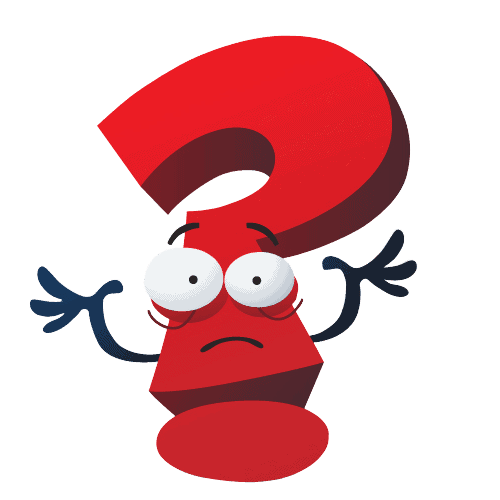
I think a lot of parents underestimate the importance of not just explaining that something is harmful, but why it harms.
I recall the time when he was in middle school. He came to me with his voice shaking with shock and disappointment because he overheard some peers talking about accessing porn. When reflecting back on that experience, he told me: “I think a lot of parents underestimate the importance of not just explaining that something is harmful, but why it harms. Because kids are smarter than they seem, and they’re going to naturally wonder about the why if you don’t give it to them. And then they’ll be more likely to act on their curiosity.” He told me that without the information I had given him, the conversation he’d overheard in middle school might have prompted him to search out porn. Armed with the “why,” however, he did not.
Thankful for the foundation built
So now, with my high school-aged son who values a higher level of privacy these days, I remind myself of the foundation I have built with him. Finding teachable moments—talking openly, talking about sex without shame, and teaching him truthfully about the dangers of pornography. Threads of discussions about male privilege were interwoven in those conversations. I also balanced that with talking about my genuine hopes for him and his relationships in a world that makes it difficult to enjoy the innocence and beauty of romantic love.
Yes, it is difficult to raise sexually healthy children in any era, and the challenges of our times are unique. Therefore, I sought to be intentional and proactive in teaching my children about sexuality and relationships. Teachable moments unfailingly presented themselves and will continue to do so, I am sure. When I was unsure of the path, I accessed help and resources which built my confidence along the way. I am grateful for those who helped me to help my children on this journey.
Courageous stories equip and encourage others
Young and Aware gives voice to courageous stories. If you have a story that you want to share so that others can learn from everyday challenges and parenting experiences, send us an email. You are welcome to publish anonymously–your courage will help others.
If you are in Australia and need help with a cyber safety issue, the eSafety Commissioner can help. eSafety can investigate cyberbullying of children, adult cyber abuse, image-based abuse (sharing, or threatening to share, intimate images without the consent of the person shown) and illegal and restricted content. Report online harm here.
Report concerns to the Australian Center to Counter Child Exploitation (ACCCE) about inappropriate behaviour towards children that you find online. This service can be used to report:
- Suspected online grooming or unwanted contact.
- An individual having a conversation with a child online and saying and doing inappropriate things or trying to meet in person.
- Live streaming and consuming child sexual abuse material.
- Coercing and blackmailing children for sexual purposes.
